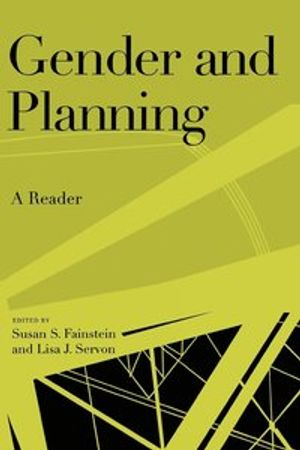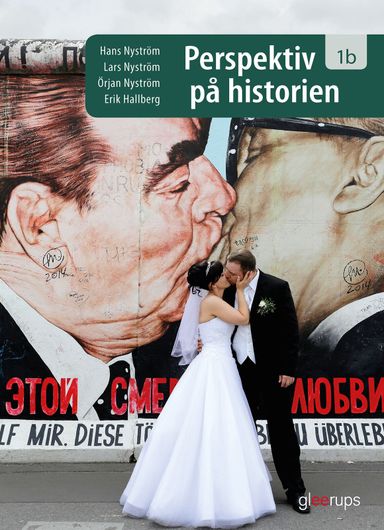

Gender and Planning
- Utgiven: 2005
- ISBN: 9780813534992
- Sidor: 320 st
- Förlag: Rutgers University Press
- Format: Häftad
- Språk: Engelska
Om boken
Increasingly, experts recognize that gender has affected urban planning and the design of the spaces where we live and work. Too often, urban and suburban spaces support stereotypically male activities and planning methodologies reflect a male-dominated society.
To document and analyze the connection between gender and planning, the editors of this volume have assembled an interdisciplinary collection of influential essays by leading scholars. Contributors point to the ubiquitous single-family home, which prevents women from sharing tasks or pooling services. Similarly, they argue that public transportation routes are usually designed for the (male) worker's commute from home to the central city, and do not help the suburban dweller running errands. In addition to these practical considerations, many contributors offer theoretical perspectives on issues such as planning discourse and the construction of concepts of rationality.
While the essays call for an awareness of gender in matters of planning, they do not over-simplify the issue by moving toward a single feminist solution. Contributors realize that not all women gravitate toward communal opportunities, that many women now share the supposedly male commute, and that considerations of race and class need to influence planning as well. Among various recommendations, contributors urge urban planners to provide opportunities that facilitate women's needs, such as childcare on the way to work and jobs that are decentralized so that women can be close to their children.
Bringing together the most important writings of the last twenty-five years, this book is essential reading for students and scholars of planning theory as well as anyone concerned with gender and diversity.
Åtkomstkoder och digitalt tilläggsmaterial garanteras inte med begagnade böcker
Mer om Gender and Planning (2005)
I januari 2005 släpptes boken Gender and Planning skriven av Susan S Fainstein, Lisa J Servon. Den är skriven på engelska och består av 320 sidor. Förlaget bakom boken är Rutgers University Press.
Köp boken Gender and Planning på Studentapan och spara uppåt 60% jämfört med lägsta nypris hos bokhandeln.
Referera till Gender and Planning
Harvard
Fainstein, S. S. & Servon, L. J. (2005). Gender and Planning. Rutgers University Press.
Oxford
Fainstein, Susan S & Servon, Lisa J, Gender and Planning (Rutgers University Press, 2005).
APA
Fainstein, S. S., & Servon, L. J. (2005). Gender and Planning. Rutgers University Press.
Vancouver
Fainstein SS, Servon LJ. Gender and Planning. Rutgers University Press; 2005.



















